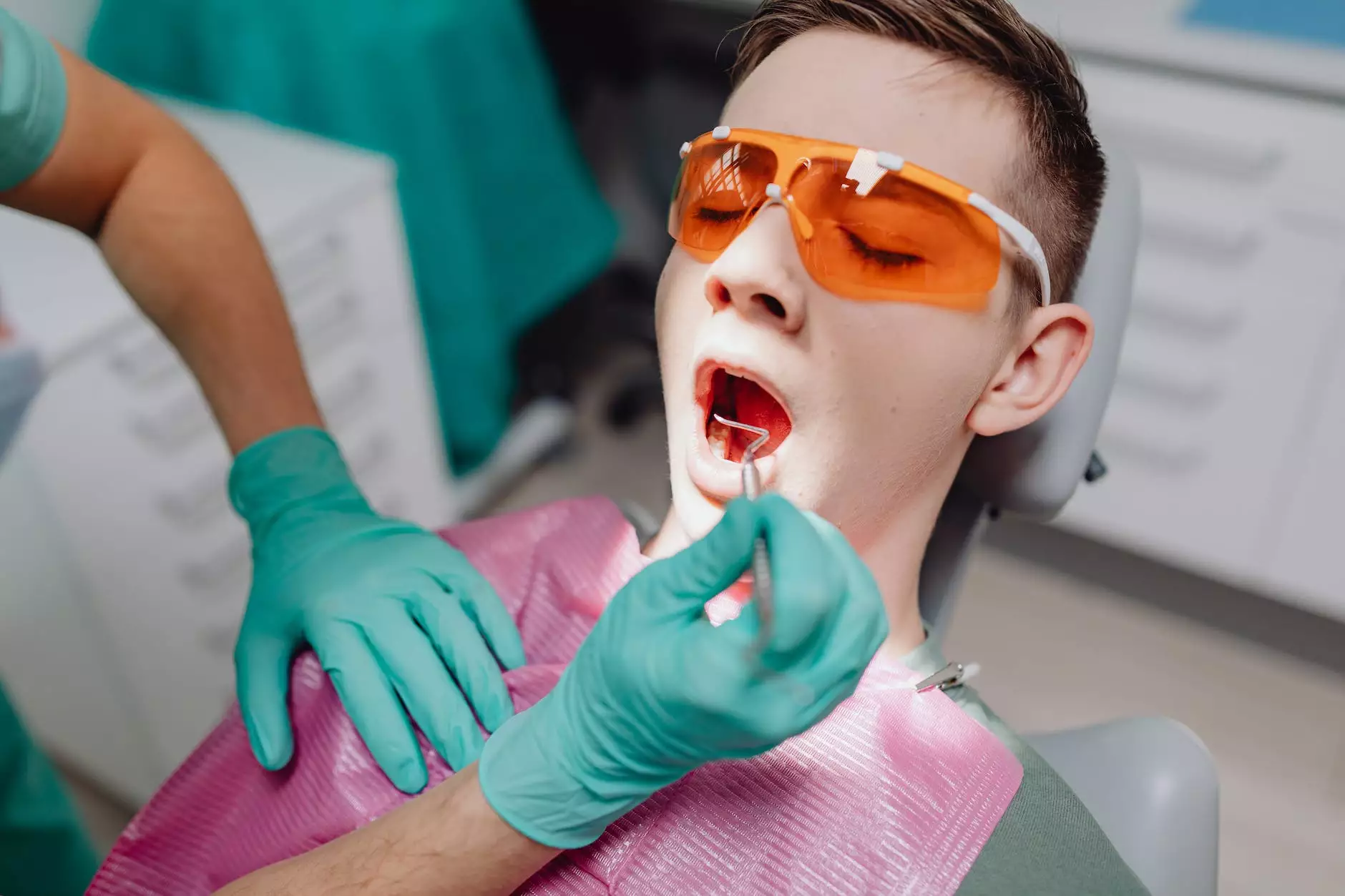The Comprehensive Guide to the Effects of Unilateral Salpingo-Oophorectomy

The effects of unilateral salpingo-oophorectomy (USO) can be profound and multifaceted, influencing various aspects of a patient’s health and well-being. This surgical procedure, often recommended for conditions like ovarian cysts, endometriosis, or certain types of cancer, involves the removal of one ovary and one fallopian tube. As an increasingly common procedure, understanding the implications is crucial for patients navigating this journey.
What is Unilateral Salpingo-Oophorectomy?
Unilateral salpingo-oophorectomy is a type of surgery performed to remove one ovary and one fallopian tube. This procedure is primarily indicated for:
- Ovarian cysts that cause pain or other symptoms
- Endometriosis, which can lead to severe menstrual pain
- Ovarian tumors, whether benign or malignant
- Ectopic pregnancies occurring in the affected fallopian tube
- Recurrent pelvic inflammatory disease (PID)
The surgery is typically performed under general anesthesia and can be done via laparoscopic techniques or through open surgery, depending on the patient's specific condition and the surgeon's recommendation.
Preoperative Considerations
Before undergoing unilateral salpingo-oophorectomy, patients are advised to undergo a comprehensive medical evaluation. This includes:
- A complete medical history review to understand any previous health issues
- Ultrasounds or other imaging studies to assess ovarian health
- Discussion of anesthesia options and post-operative care
- Understanding risks and benefits of the surgery
Immediate Effects Following Surgery
Post-surgery, patients will experience a variety of immediate effects. Common post-operative symptoms include:
- Pain and discomfort in the abdominal area
- Nausea or gastrointestinal upset
- Fatigue, which is common after any surgical procedure
- Bleeding or discharge from the vaginal area
It is essential for patients to follow their surgeon's post-operative instructions carefully, including guidelines regarding activity levels and medication management, to ensure a smooth recovery.
Long-Term Effects of Unilateral Salpingo-Oophorectomy
Understanding the long-term effects of unilateral salpingo-oophorectomy is crucial for ongoing health management. These effects can impact various areas:
1. Hormonal Changes
With the removal of one ovary, the body's hormonal balance can be altered. Women may experience changes in:
- Estrogen levels, potentially leading to symptoms of menopause
- Menstrual cycle patterns, with some women reporting irregularities or cessation of cycles
- Potential onset of premature ovarian insufficiency in younger women
2. Emotional and Psychological Effects
Women may experience a range of emotional and psychological effects post-surgery, including:
- Anxiety regarding fertility and overall reproductive health
- Depression or mood swings due to hormonal fluctuations
- Body image concerns, especially in younger women
3. Impact on Sexual Function
Some women may experience changes in their sexual function, which can include:
- Decreased libido or sexual desire
- Changes in vaginal lubrication, leading to discomfort during intercourse
- Pain during intercourse, attributed to changes in pelvic anatomy
4. Infertility Considerations
While women can still conceive with one ovary, potential effects on fertility should be discussed with a healthcare provider. Factors may include:
- The status of the remaining ovary
- Overall reproductive health prior to surgery
- Age and underlying conditions affecting fertility
Strategies for Managing Post-Operative Effects
Fortunately, many of the effects of unilateral salpingo-oophorectomy can be managed effectively. Key strategies include:
1. Hormonal Therapy
In some cases, especially for younger women, hormonal therapy may be recommended to alleviate symptoms related to hormonal imbalance. Discussions with an endocrinologist or gynecologist can provide insights into the best options.
2. Counseling and Support Groups
Seeking psychological support through counseling or support groups can be beneficial for coping with emotional reactions and formulating a plan for health and wellness going forward.
3. Physical Activity and Diet
Engaging in regular physical activity and adopting a nutritious diet can enhance overall health and improve mood, as well as contribute positively to menopausal symptoms.
4. Regular Follow-Up Appointments
Continued care is critical. Regular follow-ups with healthcare providers ensure that any complications are managed promptly, and ongoing health is monitored.
Conclusion: Embracing Health After Unilateral Salpingo-Oophorectomy
While the effects of unilateral salpingo-oophorectomy may seem daunting, a proactive approach to recovery can lead to positive outcomes. Understanding these effects and engaging with healthcare providers for a tailored recovery plan will empower women to regain control over their health. Remember, you are not alone—support systems and resources are available to help navigate this journey.
If you or someone you love is considering or recovering from unilateral salpingo-oophorectomy, seeking advice from specialists such as those at drseckin.com can provide invaluable guidance. Empower yourself with knowledge, and take the next steps toward a healthy future.








